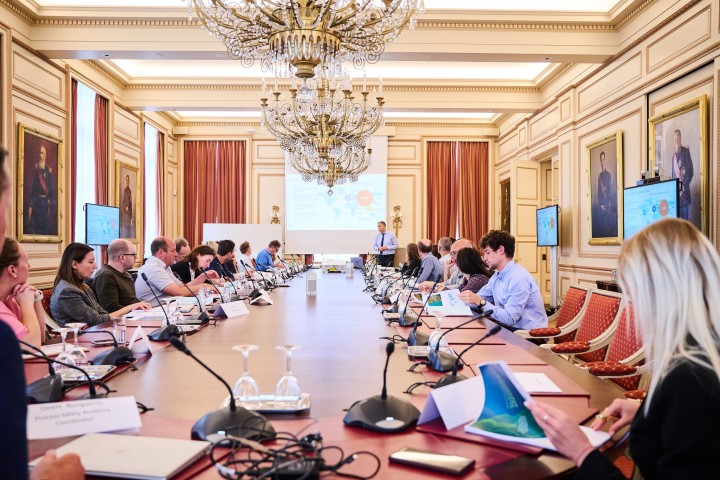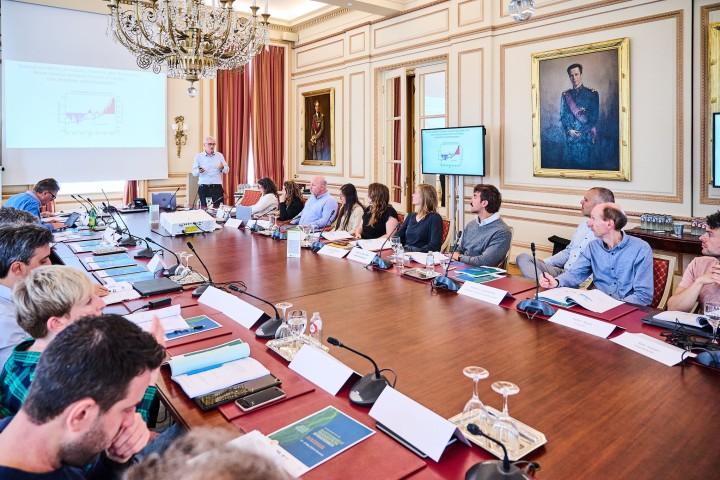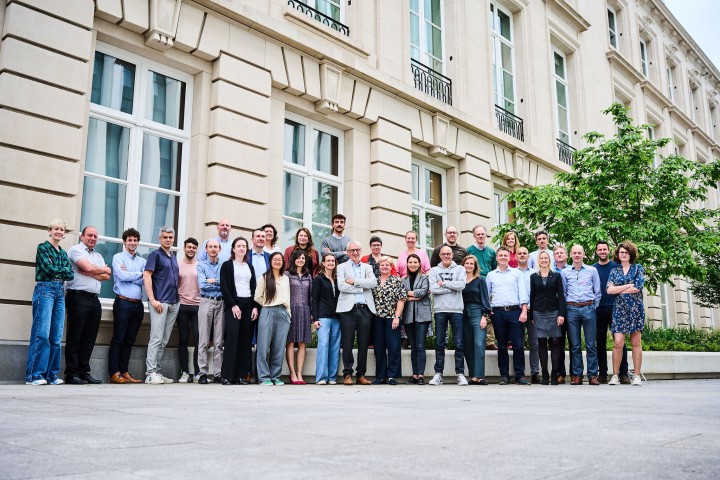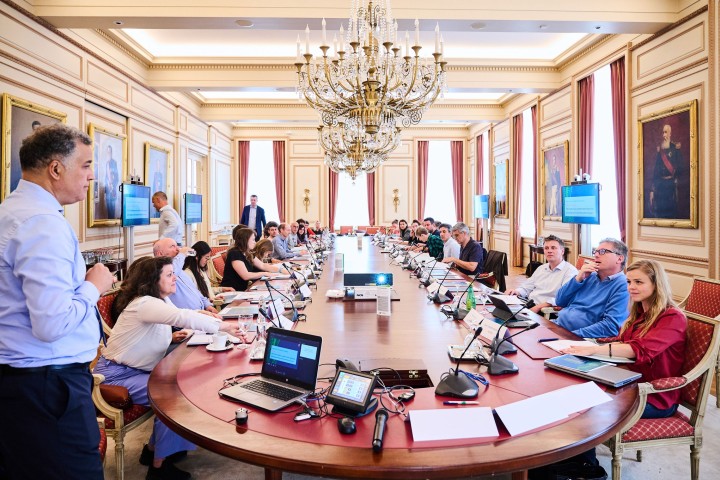Three takeaways from a masterclass on Sustainable Transition Strategies
Last week Catalisti's Dieter Ruijten attended an Advanced Master Class on Sustainable Transition Strategies. Here are his three key takeaways.
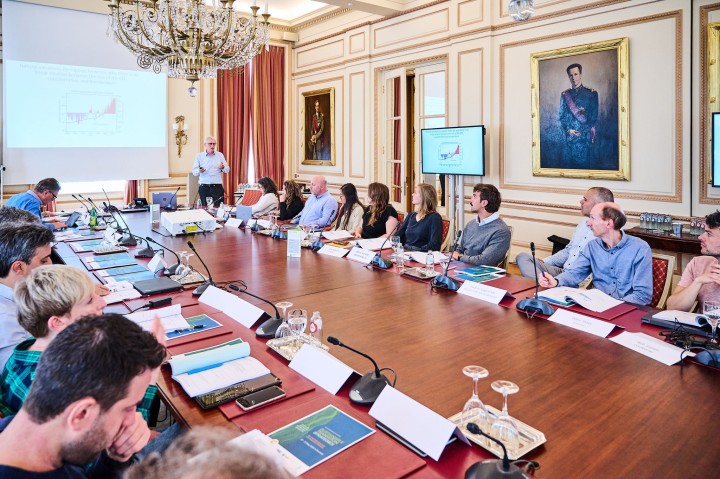
Last week I attended the Advanced Master Class on Sustainable Transition Strategies organised by essenscia. Together with 40 participants from the chemical and life sciences industry and academia, we explored sustainability from a scientific, engineering and business perspective. The 5-day programme featured inspiring keynotes and thematic presentations from international industry experts, financial and research institutions, policy makers and consultants. The event took place in the majestic King's Room of the BNP Paribas buildings in the heart of Brussels.
It is all too clear that the chemical and life sciences industries are facing major sustainability challenges. Sustainability is at the heart of the Belgian and European chemical sector's strategy and our industry therefore plays an important role as a solution provider. With rapidly changing technology, policy and regulatory frameworks throughout the value chain, major efforts are required to ensure economic competitiveness in a global economy.
Some key takeaways from the masterclass:
-
Sustainability reporting and taxonomy are at the heart of the EU's green strategy. The Corporate Sustainability Reporting Directive (CSRD) will require companies to map and report on all relevant environmental, social and governance (ESG) issues in a transparent and detailed manner from 2025. However, for most companies, this will be a short-term exercise that will require significant time and resources to meet the new reporting requirements. For effective implementation, companies should integrate sustainability into their long-term business strategy. High quality data management and collection will be essential.
-
For many companies, the majority of their greenhouse gas (GHG) emissions occur outside their own operations. Therefore, transparency on Scope 3 GHG emissions (i.e. all indirect emissions that occur in an organisation's upstream and downstream activities) along the value chain is crucial for carbon accounting at the product level. A product carbon footprint can be a valuable tool.
-
Electrification of existing fossil-based processes will be part of the solution to meet climate targets. Access to cheap, reliable and renewable energy is therefore essential for the European chemical industry to remain competitive. The installation of large amounts of renewable energy and the development of offshore and onshore grid infrastructure are important measures to meet the growing demand for energy.
Finally, I would like to thank essenscia for the impeccable organisation and valuable insights throughout the Advanced Master Class.
